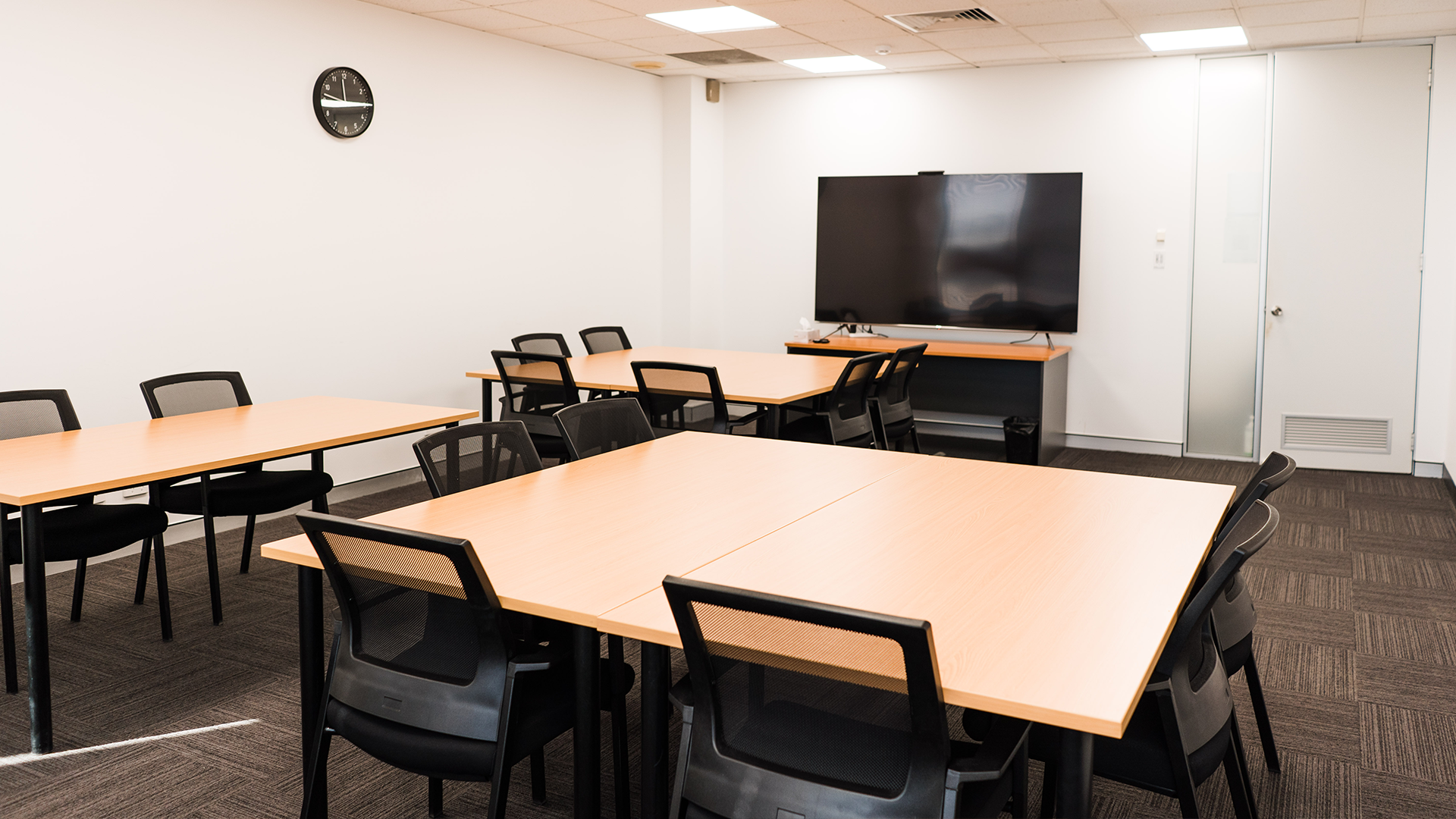Business coaching, “training” and “consulting” are often used interchangeably. After all, they’re pretty similar at first glance.
In Perth, Brisbane, Darwin, business coaching, consulting and training all help emerging leaders and entrepreneurs develop their capabilities and overcome challenges. But despite starting from a similar place, the outcomes of each approach differ widely.
So when it comes time to level up your skills or grow your business, it helps to know the ins and outs of coaching, training and consulting. This guide is designed to help small business owners, entrepreneurs and ambitious business leaders access the best resources for their needs.
In this guide:
- What is coaching?
- What is consulting?
- What is training?
- The key differences between coaching, consulting and training
- How to find a small business coach in Perth
What is coaching?
Business coaching focuses on building individual capacity
Business coaching, also called business mentoring in Perth, Brisbane, Darwin, is essentially a self-development tool with guidance from an experienced mentor. Coaching is tailored to the individual. It’s designed to help you:
- Achieve their goals, either personal or professional
- Improve their performance
- Develop new skills and ways of thinking
- Overcome future challenges independently
A small business coach acts as a sounding board and guide, providing feedback, resources and strategies to meet individual goals.
Those goals might be related to launching or growing a business . Or they might not be – business coaches in Perth, Brisbane, and Darwin can also guide personal growth in a professional context.
What is consulting?
Consulting focuses on organisational outcomes and delivers a specific service
Where business mentoring builds capacity from the inside out, consulting solves problems from the outside in.
Consulting typically involves an independent expert providing advice and recommendations to overcome a specific challenge or meet a specific goal.
For example, firms might call in consultants to:
- Launch a new product
- Improve process efficiency
- Set up a new software tool
- Restructure the organisational chart
Consulting engagements tend to be based on contracts with defined milestones, goals and end dates. Once the job is done, the consultant steps away.
What is training?
Training builds capacity on an individual or team basis, sometimes with recognised courses
Business training is a little trickier to define. Training can be formal or informal, personalised or generic, long-term or one-off. It all depends on the organisation’s requirements.
However, the defining characteristic of business training in Perth is that it teaches specific skills or knowledge. A trainer presents information, demonstrates techniques and provides practical exercises. At the end of the session or course, participants should have new skills and expertise to perform a particular task.
Here’s where the lines between business coaching, consulting and training get a little blurry. Business coaches might recommend training courses or even facilitate informal training for clients. Consultants might be called in specifically to train teams on new software.




